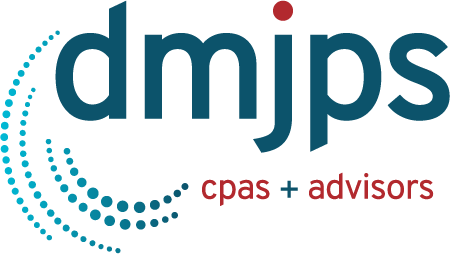
Recently, the IRS sent out notices that were in reference to deferred Social Security taxes to those who had partially paid those taxes in December 2021. The CP256V Notices were sent to taxpayers, asserting penalties and interest due to failure to make appropriate Social Security tax repayments that were related to Form 941.
Why Am I Getting a CP256V Notice From the IRS?
Even if you did make a payment of 50% or more of the amount that was due to the IRS on or prior to December 31, 2021, you may have received a notice which notes a failure to pay in a timely manner. This can be due to one of three reasons: 1) your payment may not have cleared the bank; 2) it may not have been properly allocated across the relevant quarters in the 2020 calendar year; or 3) the payment may have never been initiated.
For these reasons, prior to contacting the IRS, you should start by requesting an IRS transcript or checking your bank statements to ensure that the taxes were both paid and credited to the right account. If you can prove that the tax was paid in a timely manner and that the taxes were appropriately applied to your Social Security taxes, the problem is probably due to the tax payment being allocated incorrectly among the related 2020 calendar quarters.
When making payments against this balance, the IRS had instructed businesses to pay the tax-deferred balances separately from their current taxes. Another requirement was to make the payment by EFTPS, which is an electronic payment system, using check, money order, debit card or credit card. However, it was not to be included in a regular federal income tax deposit associated with a quarterly payroll tax return. In addition, half of each calendar quarter’s balance was to be paid, not half of the total of all the deferred quarters.
As an example, if you had $20,000 in Social Security taxes for 2020 Q2 and $20,000 for Q3, the payment that you should have made before January 1, 2022 was $20,000. However, if you allocated the entire $20,000 payment to Q2, you would have received a CP256V Notice for not paying Q3. If you allocated $10,000 for each of the two quarters, totaling $20,000, you should not have received the CP256V Notice. This is because each quarter is handled separately for the CARES Act deferral benefit.
How Do I Fix This?
If you didn’t properly allocate your taxes across the quarters or failed to make the payments, you’ll need to take steps to address the issue. To start, you’ll need to immediately reply to the CP256V Notice. Do not throw out or disregard the notice, as failure to respond could generate additional penalties. Failure to reply will cause the IRS to assume that you are in agreement with the balance that is due, and they will continue charging you penalties and interest until your balance is fully paid.
To respond to the notice, you’ll need to either call or mail a letter according to the contact information listed on the notice. Inform the IRS of the mistake that was made. If the mistake relates to a wrong allocation among the quarter, ask that the overpayment in one quarter be applied to the deficiency that exists in the other quarters. If you want to qualify for abatement of the penalty, you’ll need to write a letter to the IRS that includes a signed statement, along with copies of your supporting documents.
Would You Like Some Help?
Working with the IRS on payment issues can be stressful and confusing, especially given the issues surrounding the COVID-19 pandemic relief programs. If you’ve received a CP256V Notice from the IRS and want help fixing the problem, our experienced professionals can help you resolve the problem.
If you have any questions or would like additional information, please contact DMJPS.

